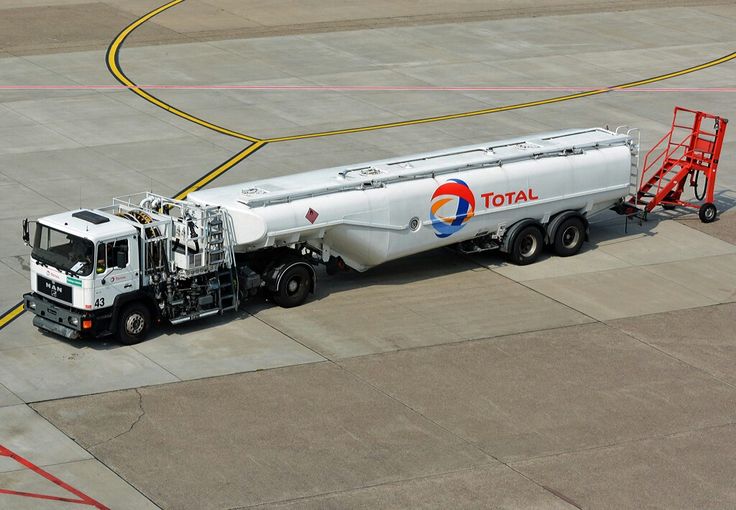Fuel tanker explosions have once again claimed lives, this time in Majiya town, Taura Local Government Area of Jigawa State. According to The Punch, no fewer than 170 people lost their lives, with many others receiving treatment both within and outside the state. The tragic event occurred when a tanker, traveling from Kano State, overturned while trying to avoid a collision with a truck, causing petrol to spill onto the road. Ignoring the dangers, many villagers rushed to collect the leaking fuel, resulting in a devastating explosion.
This incident, unfortunately, is not an isolated case. Nigeria has a long history of fatal fuel tanker explosions. In 2018, Daily Trust reported a fuel tanker explosion in Lagos that claimed 12 lives and destroyed 54 vehicles. In September 2024, The Guardian reported that at least 48 people died in a fuel tanker explosion in Niger State, a result of a collision on the highway. Similar accidents have occurred in other states, including a recent gas tanker explosion in Abeokuta, Ogun State, in which one person died, several others were injured, and properties were razed.
Fuel tanker accidents in Nigeria are driven by a combination of poor economic conditions, inadequate infrastructure, and insufficient safety regulations.
The removal of the fuel subsidy and skyrocketing petrol prices have made fuel more valuable to everyday citizens. According to a report by BusinessDay, the removal of the fuel subsidy and rising inflation have drastically reduced the purchasing power of Nigerians, making basic commodities increasingly unaffordable. Desperation often leads individuals to risk their lives by attempting to collect fuel from overturned tankers, as fuel becomes a valuable resource. This risk-taking behavior is exacerbated by the declining value of the naira and high inflation, which leaves many citizens struggling to meet daily needs.
Additionally, the country’s deteriorating road infrastructure is a major factor. Many Nigerian roads are riddled with potholes, lack proper maintenance, and are missing adequate warning signs. The National Bureau of Statistics reported over 2,662 road crashes involving nearly 4,000 vehicles in the first quarter of 2024 alone. Poor road conditions force drivers, especially tanker drivers, to navigate hazardous conditions, sometimes leading to accidents.
A third major factor is the lack of enforcement of safety regulations for fuel transport. While Nigeria joined the International Carriage of Dangerous Goods by Road treaty in 2018, many of the safety guidelines outlined in the treaty are not strictly followed. Issues like brake failures, leaking tanks, and overloaded trucks are common. Furthermore, reckless driving and inadequate training of tanker drivers also contribute to the problem. In some instances, tankers carry loads beyond the approved 45,000-litre limit, which makes them more prone to accidents due to the weight imbalance.
Several countries have successfully reduced fuel tanker explosions by implementing Policy, Infrastructure Solutions and enhancing driver training programs. South Africa reduced fuel tanker accidents by improving its road infrastructure under the National Transport Master Plan. Heavy investments in upgrading roads have led to a decline in accidents, particularly those involving heavy-duty vehicles.
To effectively address fuel tanker accidents and explosions in Nigeria, enforcement of existing safety regulations is critical. This includes ensuring that fuel tankers are equipped with safety valves and other protective equipment to prevent fuel spills and explosions in the event of accidents. Mandatory regular inspections must be enforced to ensure that tankers are roadworthy. Strict enforcement should also extend to ensuring drivers are trained, certified, and equipped to handle such dangerous cargoes safely. Agencies like the Federal Road Safety Corps (FRSC) must ensure that these drivers adhere to road safety standards, especially regarding vehicle loading limits.
Improving road infrastructure is equally essential. The deplorable state of many roads in Nigeria forces tanker drivers into dangerous situations, such as driving against oncoming traffic to avoid potholes. The government must prioritize road maintenance and upgrade essential highways, especially those frequently used by heavy-duty vehicles like fuel tankers. Solar-powered street lights and clear road signs indicating speed limits and hazardous conditions should also be installed to improve visibility and guide drivers during night travel.
Furthermore, the government should invest in emergency response mechanisms to minimize casualties when accidents occur. Swift deployment of fire services and emergency responders to accident scenes is vital to reduce the risks of explosions and other catastrophic outcomes. Equally important is public education—communities must be made aware of the dangers of tampering with overturned fuel tankers. Public health campaigns should emphasize the risks of explosion and the importance of keeping a safe distance from accident scenes.
Despite the inherent risks, fuel tanker accidents remain prevalent due to a lack of policy implementation. While Nigeria has signed onto international treaties and passed laws aimed at regulating fuel transport, these are not being adequately enforced. Policymakers need to take urgent action by ensuring that regulatory bodies, such as the Department of Petroleum Resources (DPR) and the Federal Road Maintenance Agency (FERMA), are well-funded and equipped to monitor compliance. Additionally, the Federal Government should allocate more resources toward infrastructure development, as this would address the underlying causes of road accidents, beyond just fuel tanker incidents.
Fuel tanker accidents in Nigeria are preventable, but they require a combination of infrastructural investments, strict enforcement of safety regulations, and improved public awareness. With better road conditions, rigorous safety checks on fuel tankers, and effective emergency response systems, Nigeria can significantly reduce the tragic loss of lives and property caused by these preventable accidents.
Public policy must focus not only on passing regulations but also on ensuring their enforcement. Long-term infrastructure development and emergency preparedness are critical to safeguarding Nigerian roads and saving lives. Without immediate and sustained action, the devastating consequences of tanker accidents will continue to plague communities across the country.

Bashir Turawa
Bashir Turawa is writer, policy researcher and social commentator with interest in government policies across Africa and how they affect the citizens.

